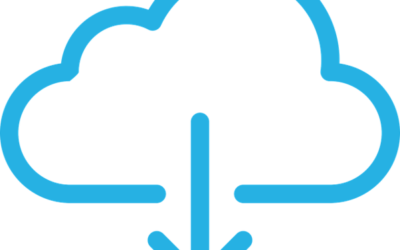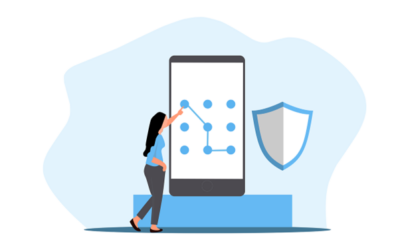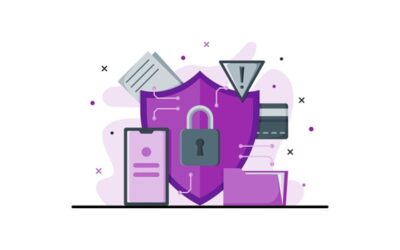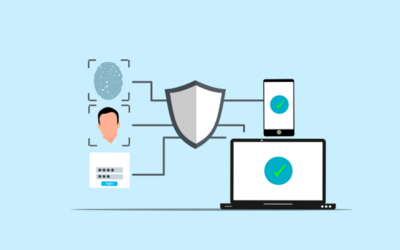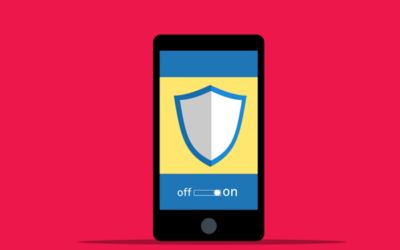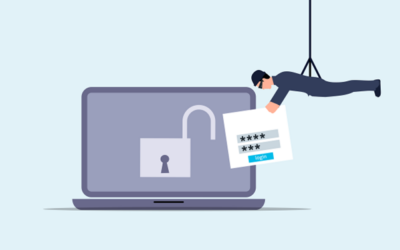 The Cloud presents plenty of benefits that make it a very attractive choice, especially for SMBs who don’t want the burden of higher in-house IT costs. However, putting your data in the Cloud is not risk-free.
The Cloud presents plenty of benefits that make it a very attractive choice, especially for SMBs who don’t want the burden of higher in-house IT costs. However, putting your data in the Cloud is not risk-free.
Just as storing data on physical servers has its security threats, the Cloud presents certain security concerns.
These include:
Data breach:
In a data breach, someone who does not have authorization accesses your data.
Data loss:
Data loss is a situation where certain circumstances lead to the destruction of your data in the cloud. Such as technological failure or neglect during any stage of data processing or storage.
Account hijacking:
Account hijacking is where the hacker steals the data in the cloud. This is the same process that happens with traditional servers. Cloud hijacking occurs in cybercrimes that require entail identity thefts and wrongful impersonation.
Service traffic hijacking:
In a service traffic hijacking, your attacker first gains access to your credentials. Then uses it to understand the online activities in your domain. Lastly, they use the information to mislead your users or domain visitors to malicious sites.
Insecure application program interfaces (APIs):
Sometimes, Cloud APIs, when opened up to third parties, can be a huge security threat. If the API keys are not secure, they can serve as an entry point for cybercriminals and malicious elements.
Poor choice of Cloud storage providers:
A security lapse from the Cloud storage provider’s end is a huge security concern for businesses. It is very important to choose a cloud service provider who knows what they are doing.
Some common threats apply to both the Cloud and traditional data storage environments, such as a DDoS attack or a malware attack. These attacks allow your data in the Cloud to become susceptible because it is being shared with others and at other places.
Some Cloud security mechanisms that SMBs can invest in to keep their data safe:
- Cloud firewalls: Much like the firewalls you deploy for your local IT network, Cloud firewalls work to prevent unauthorized Cloud network access.
- Penetration testing: Penetration testing is a sort of a Cloud security check where IT experts try hacking into the Cloud network to figure out if there are any security lapses or vulnerabilities that could serve cybercriminals.
- Obfuscation: In obfuscation, the data or program code gets obscured on purpose. The system delivers unclear code to anyone other than the original programmer, thus mitigating any malicious activity.
- Tokenization: Tokenization is the process of replacing sensitive data with unique identification symbols. These symbols retain all the essential information about the data without compromising its security.
- Virtual Private Networks (VPN): Another, more commonly used mechanism is the VPN. VPN creates a safe passage for data over the Cloud through end-to-end encryption methodology.
Investing in a good Cloud security system is a must, but, in the end, you also need to remember that Cloud security is not only about antivirus software, firewalls, and other anti-malware tools.
Wahaya IT can implement a cloud security solution that works for you.









